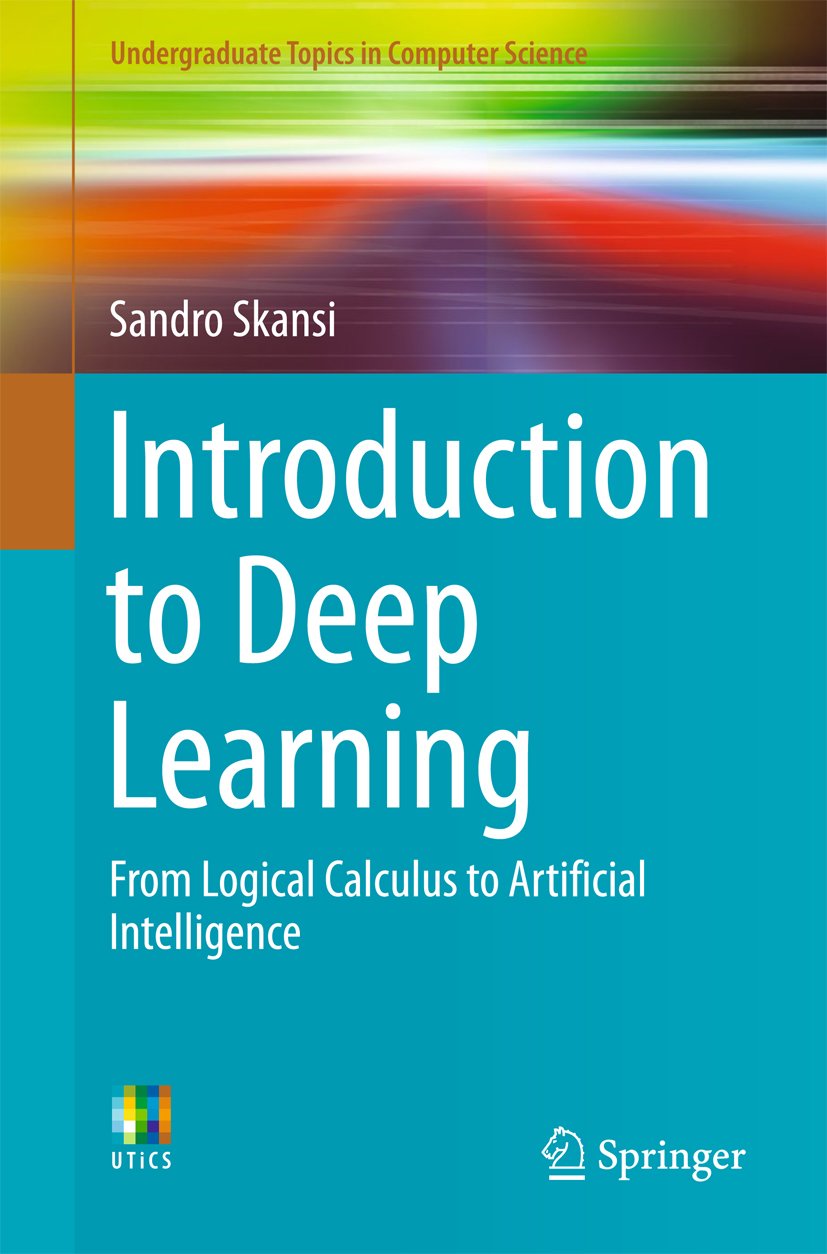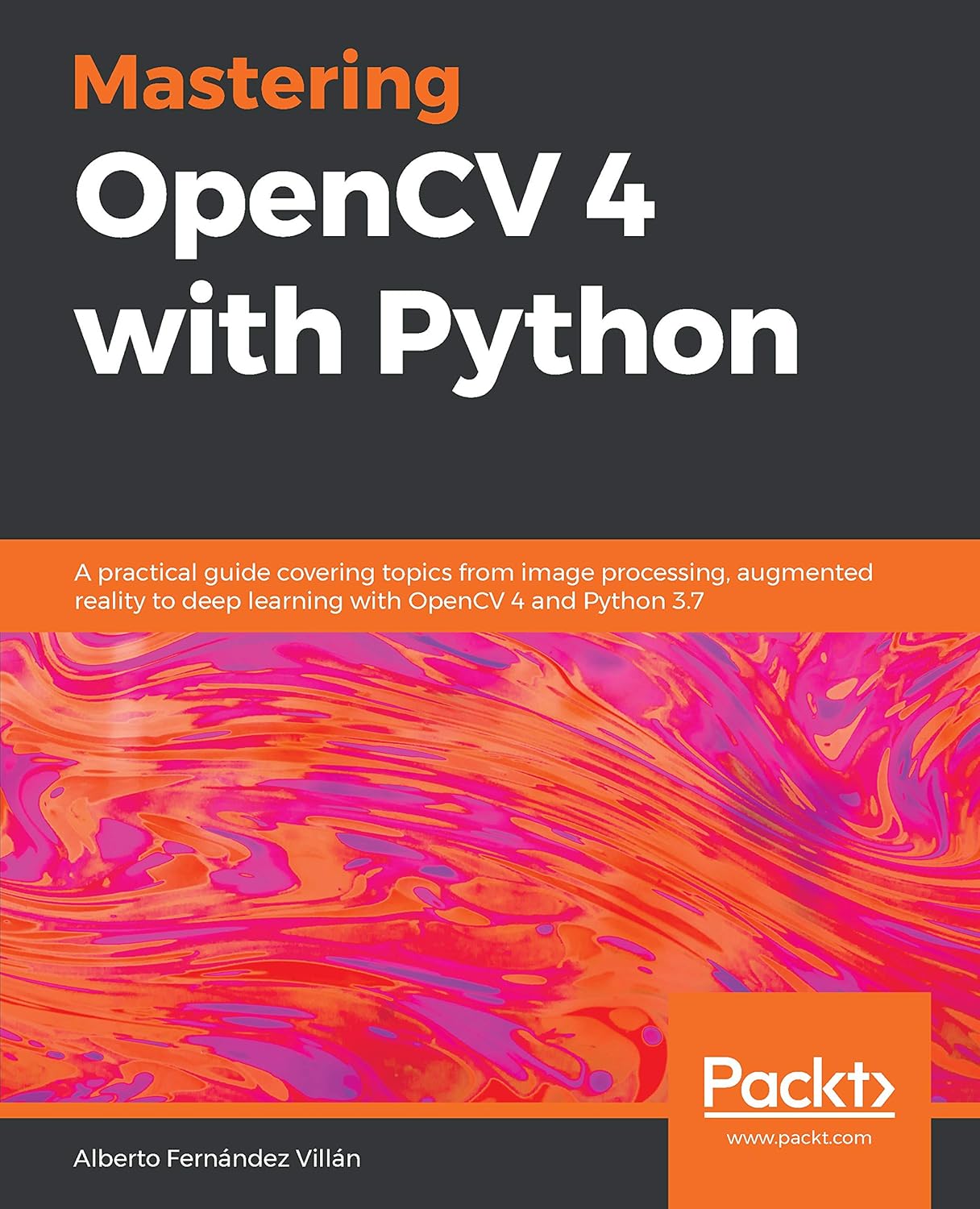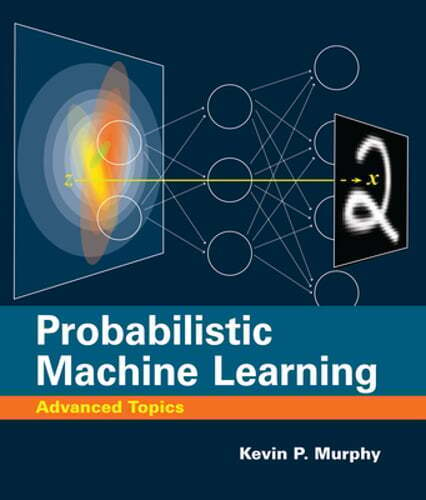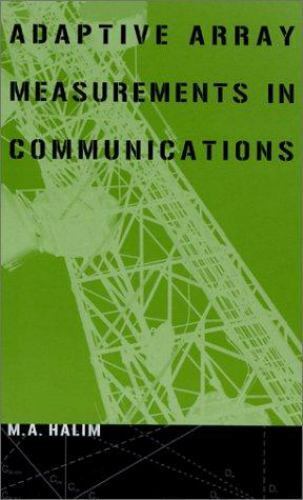Northeastern University is among the first New England universities to change language on its website about diversity, equity, and inclusion commitments following president Donald Trump’s sweeping executive order signed Jan. 21, which called for an end to DEI policies for recipients of federal grants and contracts.
The order also threatens investigations of universities with endowments over $1 billion to deter DEI programs, putting more than 15 New England institutions, including Northeastern, on notice. The Trump administration says diversity programs “constitute illegal discrimination.”
Universities across the nation are conducting internal audits to identify programs and titles that could put them at risk, said Angel Pérez, chief executive of the National Association for College Admission Counseling. He said schools are reevaluating how they describe recruitment programs that were designed for students of color.
“Instead of saying this program is for students of color, they might focus on socioeconomic status or marginalized students, which includes Jewish and some Asian students,” Pérez said. “That’s not new or different but DEI has been used to think primarily of Black and Latinx students. Institutions are trying to come up with new language that it is inclusive of a much larger population than public [currently] thinks.”
Northeastern overhauled its DEI page on its website on Jan. 24, three days after Trump signed the executive order titled, “Ending Illegal Discrimination and Restoring Merit-Based Opportunity.”
The Boston university removed the banner headline on the webpage, which previously said, “The Office of Diversity, Equity and Inclusion. Northeastern believes in a welcoming and inclusive environment for all.” Now, the website is headlined: “Belonging at Northeastern,” and says the school’s “reimagined approach centers on embracing the experiences of individuals across the global university system to maximize impact at the institutional level.” The website URL previously read as diversity.northeastern.edu; now it reads as belonging.northeastern.edu.
Northeastern spokesperson Renata Nyul said the university’s “commitment to embracing our entire global community remains steadfast.”
”While internal structures and approaches may need to be adjusted, the university’s core values don’t change,” Nyul said. “We believe that embracing our differences — and building a community of belonging — makes Northeastern stronger.”
Marty Meehan, president of the University of Massachusetts system, said in an interview Wednesday there have been no layoffs of DEI personnel at any of the UMass campuses since Trump signed the executive order, but he also expects language and messaging around such programs and positions to change.
“It won’t change our commitment to diversity and our commitment to inclusiveness,” Meehan said. “It means a lot of companies and nonprofits are looking at the language — what language we use to identify that mission to be inclusive.”
Hilary Burns can be reached at hilary.burns@globe.com. Follow her @Hilarysburns.
Recently, the DEI topics webpage at Northeastern University underwent some changes following an executive order signed by President Joe Biden. The order, aimed at promoting diversity, equity, and inclusion in higher education institutions, prompted the university to update its webpage to align with the new guidelines.
The DEI topics webpage now features a more comprehensive list of resources and initiatives aimed at promoting diversity and inclusion on campus. This includes information on student organizations, events, and programs that support underrepresented and marginalized communities.
Additionally, the webpage now includes a section dedicated to highlighting the university’s commitment to promoting a more inclusive campus culture. This includes information on recent diversity initiatives, faculty and staff training programs, and efforts to increase representation of diverse voices in the curriculum.
Overall, the changes to the DEI topics webpage reflect Northeastern University’s ongoing commitment to creating a more inclusive and equitable campus environment for all students, faculty, and staff. By staying up-to-date with the latest DEI guidelines and initiatives, the university is taking proactive steps towards promoting diversity and inclusion in higher education.
Tags:
DEI topics, Northeastern University, POTUS order, diversity, equity, inclusion, higher education, policy changes, social justice, university updates
#DEI #topics #webpage #Northeastern #University #changed #post #POTUS #order












You must be logged in to post a comment.